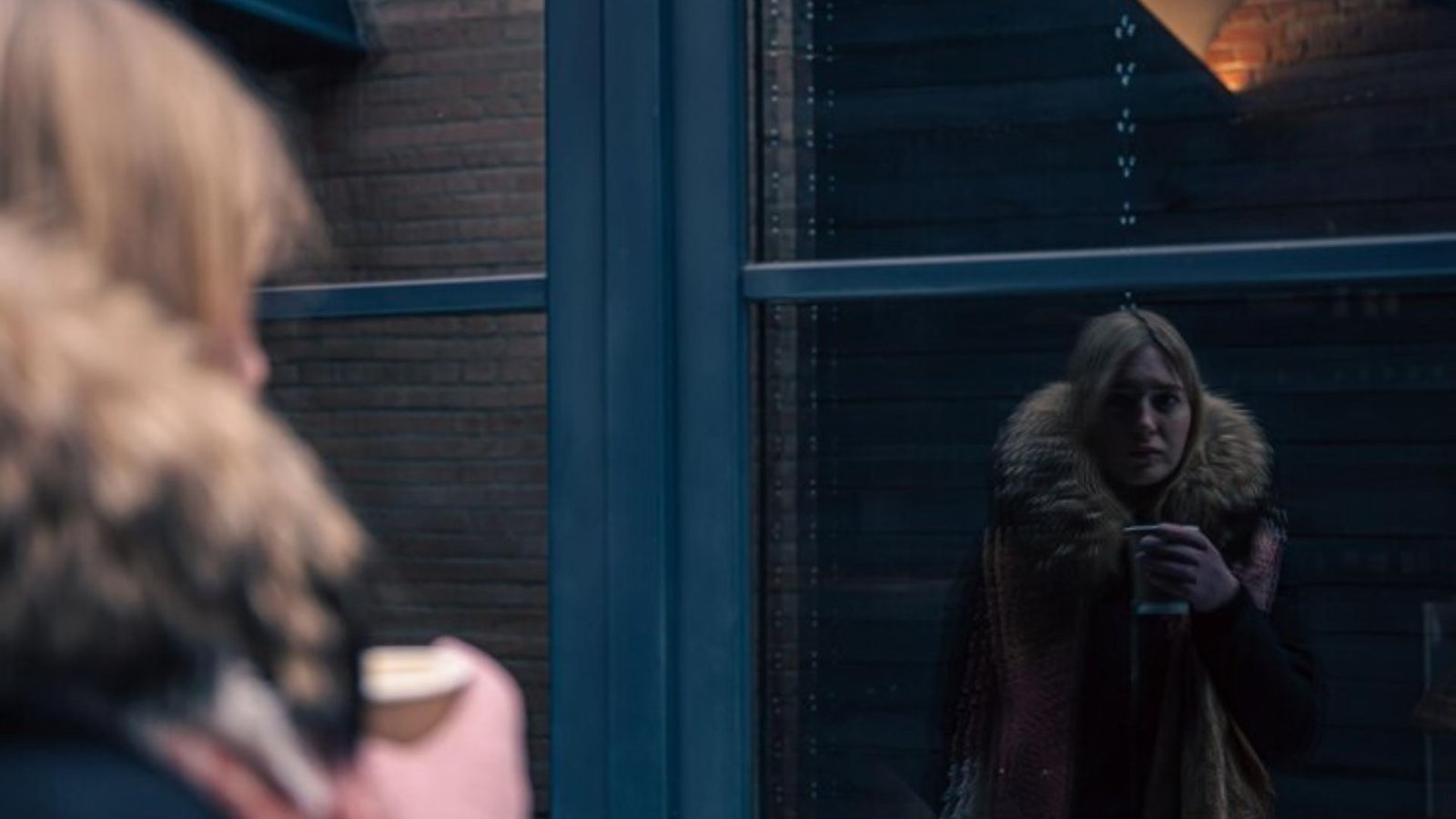Window voyeurism is a term that many may find both intriguing and unsettling. It refers to the act of secretly observing or watching people through windows, often without their consent. This form of voyeurism can occur in residential neighborhoods, in public places, or even in commercial settings. Though some may view it as harmless curiosity, it is essential to recognize the serious legal and ethical implications associated with this behavior. In this article, we will explore the concept of window voyeurism, the consequences of engaging in such behavior, and the preventive measures individuals can take to safeguard their privacy.
What is Window Voyeurism?
Window voyeurism involves the act of watching people without their knowledge or consent, typically through windows. The individuals being observed are usually unaware of the intrusion, making it an invasion of their personal privacy. This behavior can be both voyeuristic and predatory, as it often involves the observation of private or intimate moments.
The term “voyeurism” is commonly associated with sexual arousal derived from observing others in compromising situations, although window voyeurism can occur for various reasons. These can range from curiosity to malicious intent, and it can happen in both public and private spaces. In many cases, individuals who engage in voyeurism do so with the intention of observing others in vulnerable or private situations, such as in their homes or changing rooms.
The Psychological Drivers of Window Voyeurism
Understanding the psychological factors behind window voyeurism can shed light on why some individuals engage in such behavior. One significant driver is the thrill of secrecy. The idea of observing someone without their knowledge can provide a sense of power and control for the voyeur. Additionally, the act of watching others in intimate or private settings can lead to feelings of excitement or arousal, especially if the voyeur is unable to engage in similar behaviors in a direct or consensual manner.
In some cases, window voyeurism can also be linked to deeper psychological issues, such as social anxiety, loneliness, or a lack of healthy social interactions. These individuals may engage in voyeuristic behavior as a way to fulfill unmet emotional or social needs. The fantasy of observing others without being noticed can provide an outlet for these desires.
Legal Implications of Window Voyeurism
The legal ramifications of window voyeurism are significant and should not be overlooked. In many jurisdictions, voyeurism is considered a criminal offense, and individuals who engage in such behavior can face serious legal consequences. The laws surrounding voyeurism vary depending on the region, but they generally recognize the invasion of privacy as a violation of an individual’s rights.
In many places, it is illegal to observe people in their private spaces without consent, especially if the observer uses tools like cameras or binoculars to enhance their view. These actions are often considered forms of harassment or stalking and can lead to criminal charges, including fines, imprisonment, or both. Depending on the severity of the behavior and the context in which it occurs, the legal consequences can be even more serious, such as charges of sexual harassment or assault.
Ethical Concerns with Window Voyeurism
Beyond the legal implications, window voyeurism raises significant ethical concerns. One of the most prominent ethical issues is the violation of privacy. Everyone has a fundamental right to privacy, and this includes the ability to live in their homes without fear of being watched by others. When someone engages in window voyeurism, they are depriving others of this right, which can have long-term psychological and emotional consequences.
Moreover, window voyeurism often involves observing individuals in vulnerable or intimate situations. This can include watching people as they relax at home, change clothes, or engage in personal activities. Such behavior can lead to feelings of violation, discomfort, and even trauma for those being watched. The ethical issue lies in the fact that these individuals did not consent to being observed, and their personal lives have been invaded for the voyeur’s own pleasure or curiosity.
The Impact of Technology on Window Voyeurism
With the rise of modern technology, window voyeurism has become easier than ever before. Tools such as high-powered cameras, drones, and even smartphones can facilitate the act of secretly observing others. This has made it more difficult for individuals to protect their privacy, as the ability to watch from afar has become more accessible and less detectable.
While technology can provide many benefits, it has also led to an increase in privacy violations, including voyeurism. The use of surveillance devices has blurred the line between legitimate observation and harmful invasion of privacy. This raises important questions about how society should regulate the use of such technologies to prevent misuse and protect individuals’ rights.
How to Protect Yourself from Window Voyeurism
There are several steps that individuals can take to protect themselves from the risk of window voyeurism. One of the most effective measures is to ensure that windows are properly covered, especially in areas where private or intimate activities are likely to take place. Blinds, curtains, and frosted glass can provide a layer of privacy and reduce the likelihood of being observed from the outside.
In addition, individuals can take advantage of security systems, such as outdoor cameras or motion detectors, to monitor any suspicious activity around their homes. These systems can help deter potential voyeurs and provide evidence in case of an incident. Ensuring that the surrounding environment is well-lit and free from hiding spots can also make it more difficult for someone to secretly observe without being noticed.
Finally, it’s essential to be aware of your surroundings and trust your instincts. If you suspect someone may be watching you through a window, take steps to secure your privacy by closing curtains or blinds and, if necessary, contacting the authorities.
What to Do if You Are a Victim of Window Voyeurism
If you find yourself a victim of window voyeurism, it’s essential to take immediate action. The first step is to document the incident. This can include taking note of the time and date of the occurrence, as well as any suspicious activity or individuals involved. If possible, collect evidence, such as photographs or videos, to support your claims.
Next, contact the appropriate authorities to report the incident. Depending on your location, this may involve reaching out to local law enforcement or filing a complaint with a privacy protection agency. It is crucial to take window voyeurism seriously and to seek legal assistance if necessary to protect your rights.
In some cases, individuals may choose to install additional security measures or take legal action against the person responsible for the voyeurism. Consulting with a lawyer can help you navigate the legal process and ensure that your privacy is respected.
Conclusion
Window voyeurism is a serious issue that impacts individuals’ privacy, safety, and well-being. Whether it is done for thrill-seeking purposes or driven by deeper psychological issues, the act of watching someone through a window without their consent is an invasion of personal space that can lead to severe legal and ethical consequences. By understanding the psychological drivers, legal ramifications, and ethical concerns associated with this behavior, individuals can take steps to protect themselves and safeguard their privacy. It’s essential for society to recognize the importance of respecting personal boundaries and to implement preventative measures to combat the rise of window voyeurism.
ALSO READ:Exploring The Different Kinds of Women: Roles, Identities, and Contributions
FAQs
What is the definition of window voyeurism?
Window voyeurism is the act of secretly watching people through windows without their consent, often in private or intimate situations.
Is window voyeurism illegal?
Yes, in many jurisdictions, window voyeurism is illegal and can result in criminal charges, including fines or imprisonment, depending on the severity of the act.
What should I do if I suspect someone is engaging in window voyeurism?
If you suspect someone is spying on you through a window, close curtains or blinds, and consider installing security measures like cameras or motion detectors. If necessary, contact the authorities.
What are the ethical concerns surrounding window voyeurism?
Window voyeurism’s raises ethical issues related to privacy invasion, as it involves watching people in vulnerable situations without their consent, which can cause psychological harm.
How can technology contribute to window voyeurism?
Modern technology, such as cameras and drones, can make it easier for individuals to secretly observe others without being detected, increasing the risk of privacy violations.

